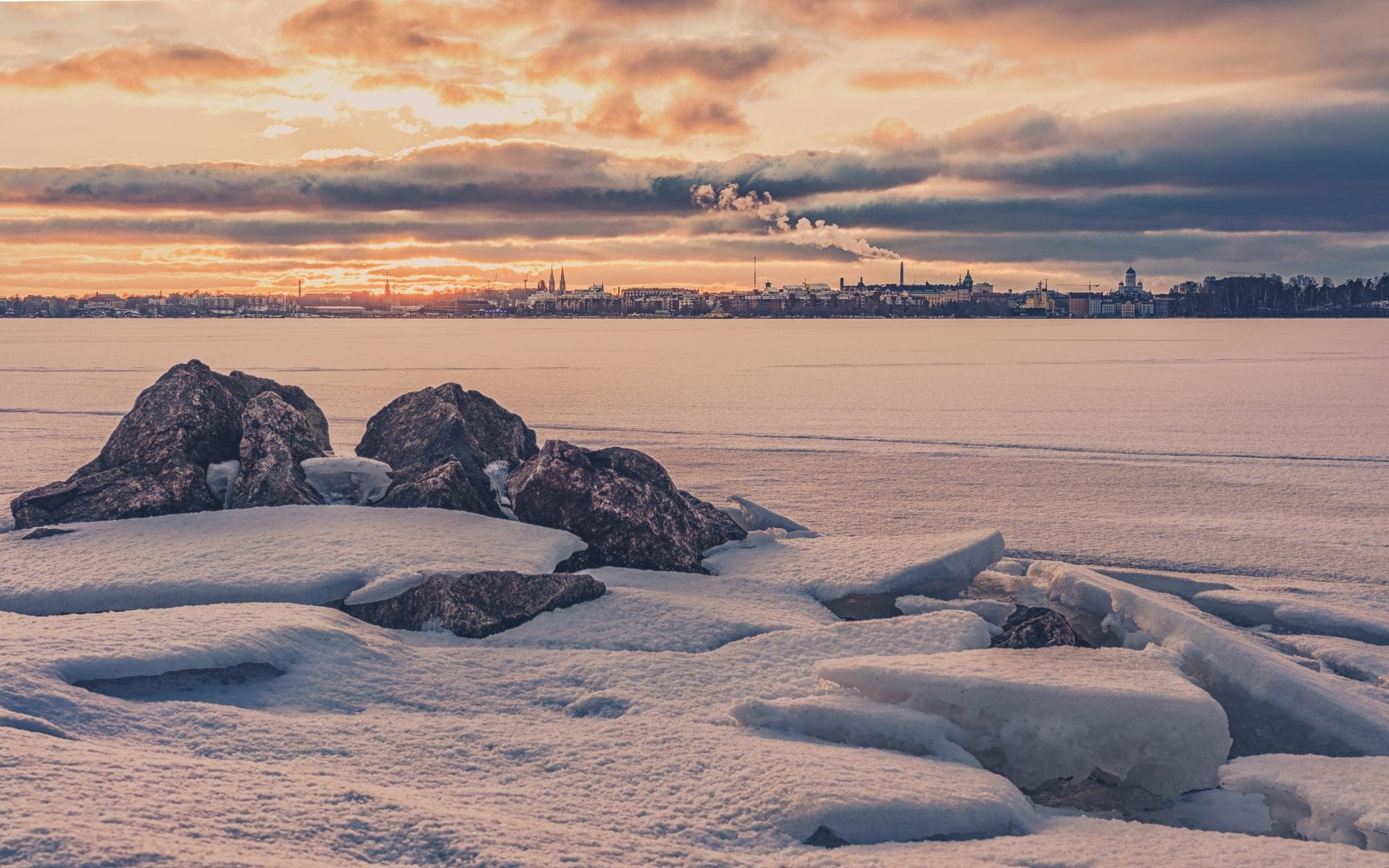The Arctic’s importance in climate change mitigation and sustainable economic development rightly recognised in the EU’s new Arctic policy
The Nordic industry organisations welcome the European Commission’s and European External Action Service’s (EEAS) Joint Communication on the Arctic published today. The Arctic is varied and diverse; the European Arctic is a vibrant, well developed, and populated region, differing from the rest of the Arctic in many ways, with better infrastructure functioning across borders and advanced industrial activity. We find it timely and necessary that the role of the EU in Arctic affairs has been re-examined and its Arctic strategy updated as the EU has such an important role to play in making the Arctic safe, stable, sustainable, and prosperous. Business and industry have an important role to play in realising the economic and social potential of the European Arctic.
Fighting climate change and the impacts of global warming in the Arctic and protecting the environment are key objectives for the region. The EU’s Arctic policy must therefore focus on the potential to realise the European Artic as a contributor to the green transition, while benefiting the local populations and Europe as a whole.
The European Arctic contains the resources needed for green technologies and solutions necessary to combat climate change, including minerals, metals, and a potential for energy production from wind, hydropower, as well as hydrogen from renewable and natural gas with use of Carbon Capture and Storage. The EU should enable sustainable activities and investments in the European Arctic to secure stable sources of low- and zero-emission energy that can support European efforts to reduce emissions and provide energy security.
Promoting sustainable economic development in the Arctic to the benefit of those who live there, including indigenous peoples, is another important priority. There is significant economic potential in the Arctic for traditional industries as well as for new industries and businesses focusing on sustainability and emission reductions. The EU should encourage industrial activities in the Arctic region where expertise shows that these can be performed in a sustainable and acceptable manner.
We support the idea that the EU has the potential to play a leading role in the development of the Arctic as the EU is already present in the region and is clearly an Arctic actor itself. It is positive that the EU will be present in Greenland, and cooperation with its fellows within the European Economic Area, Norway and Iceland, should also be strengthened. The new Arctic strategy rightly acknowledges the potential for sustainable economic growth and job creation in addition to addressing the complexity of geopolitics and climate change.
As many stakeholders have already pointed out, to achieve sustainable regional development in the Arctic, the EU also needs to increase investment and financial support in key areas. Notable examples are research, development, and innovation (RDI), space, digital and transport infrastructure, space technologies, sustainable shipping, sustainable extraction and processing of raw materials, energy production and infrastructure and other low carbon activities, and tourism.
In this regard, and to realise the full innovative potential in the Artic, it is crucial that the business community in the European Arctic and in the EU plays a key role in EU efforts promoting sustainable economic development in the Arctic region.
For more information, please contact:
Karoliina Rasi, Confederation of Finnish Industries, tel. +32 476 349 263
Ingebjørg Harto, Director of NHO Brussels, tel. +47 92447160
Søren Rinder, Confederation of Danish Industry, tel. +45 4138 1673
Anders Rehnberg, Confederation of Swedish Enterprise, tel.+ 32 (0)479 15 48 54
